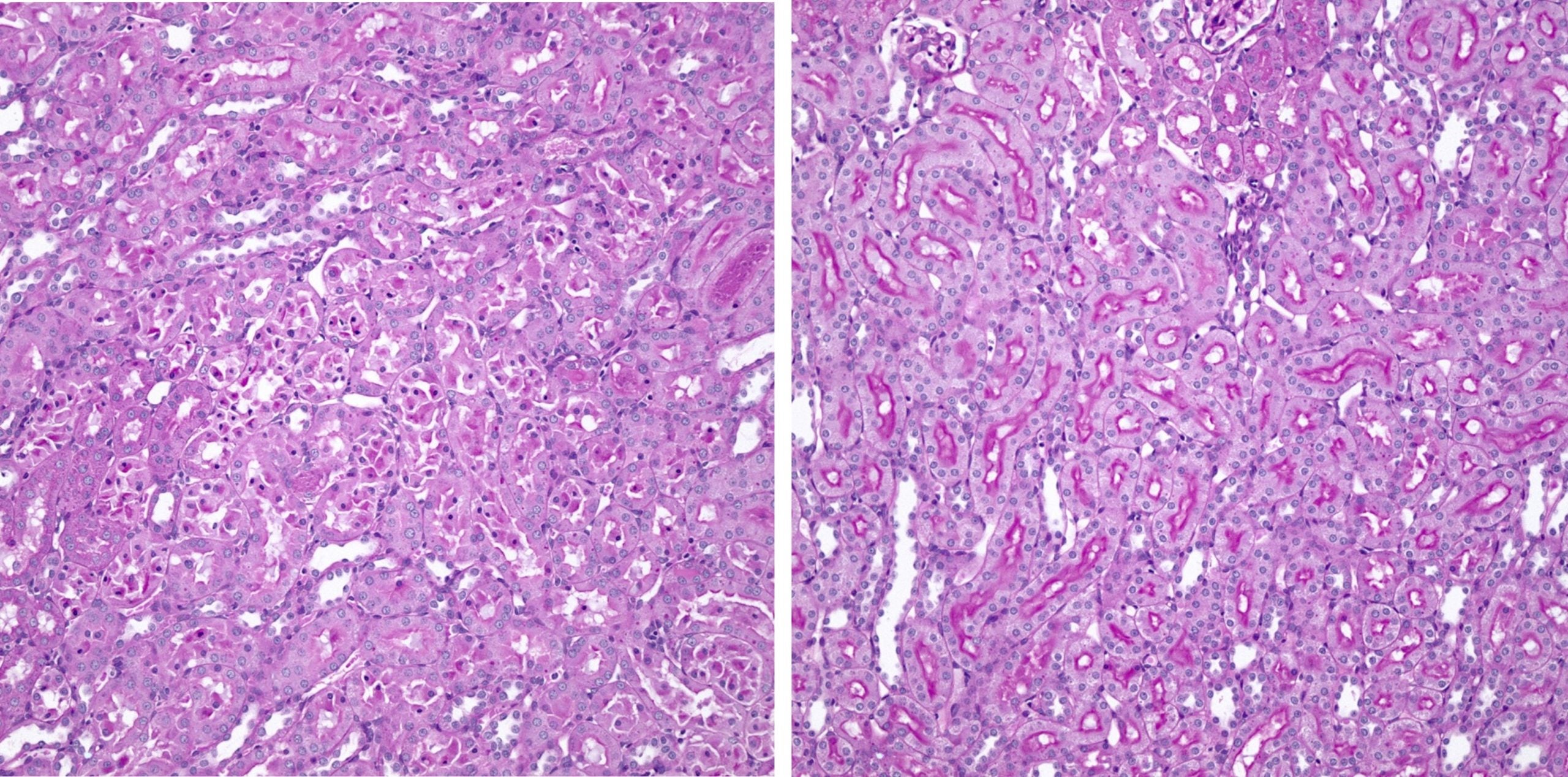The Ghonem lab specializes in translational pharmacology and focuses on mechanistic and proof of concept studies for the treatment of liver and kidney diseases. Research in the Ghonem Lab investigates the mechanisms and efficacy of nuclear receptor targeted therapy on bile acid metabolism and inflammation during cholestatic liver diseases, as well mechanisms for the treatment of ischemia-reperfusion injury during liver and kidney transplantation. Research techniques include but are not limited to cell culture, biochemical assays, western immunoblotting, RT-qPCR, genotyping, molecular cloning, immunohistochemistry, immunofluorescence, proteomics, and liquid chromatography. Research findings in the lab are translated from in vitro and pre-clinical animal studies into clinical studies. Bile acids are important endogenous signaling molecules and responsible for maintaining cholesterol homeostasis, with critical roles in the absorption of dietary lipids and fat-soluble vitamins. Bile acids are also inherently cytotoxic and, when accumulating in the liver, can lead to inflammation, fibrosis, cirrhosis, and eventually liver failure. Current research examines the mechanisms and therapeutic efficacy of nuclear receptor PPARα-targeted therapy on bile acid metabolism, detoxification, and inflammation during cholestatic liver diseases; genotyping and hepatic transporters are investigated; the regulatory role of nuclear PPARα on the transcriptome, proteome, and metabolome during cholestasis to identify pathways underlying the diseases are also explored. Ongoing studies include cell culture, animal models and clinical studies in adult patients with cholestatic liver diseases. IRI is a major cause of acute kidney injury (AKI), leading to a high morbidity and mortality in clinical settings, including kidney transplantation. No treatment for renal IRI is available. A worldwide shortage of organs available for transplantation exists, and patients continue to die while on the transplant waitlist. To overcome this shortage, organs that are more susceptible to IRI are used. Current research investigates the mechanisms and efficacy of prostacyclin analogs to reduce IRI during kidney transplantation. Ongoing studies include cell culture, rat models of IRI, and clinical studies in adult patients undergoing transplantation. Photo credit: Mark P. Birkenbach, MD, Brown University and Rhode Island Hospital, Providence Nisanne S. Ghonem, PharmD, PhD Dr. Ghonem welcomes motivated individuals to join her research team at the undergraduate and graduate level. If interested, please email your CV and unofficial transcripts to Dr. Ghonem (nghonem@uri.edu) Current research team:Overview
Research
Bile acid metabolism
Ischemia-reperfusion injury (IRI)

Research Team
Nisanne Ghonem, Pharm.D., Ph.D.
Full Bio
 Assistant Professor
Assistant Professor
